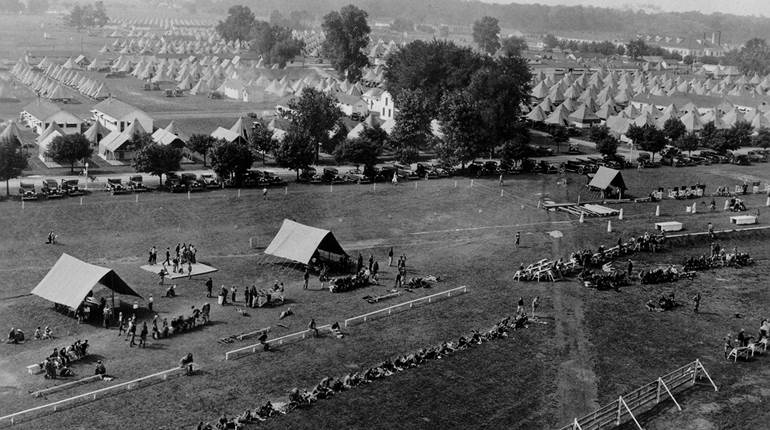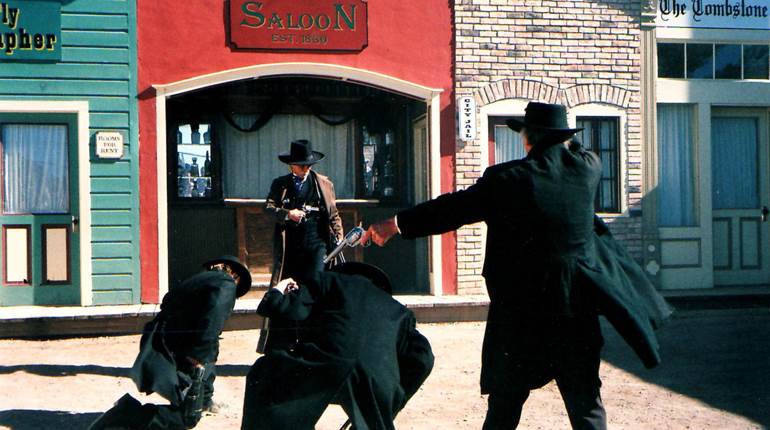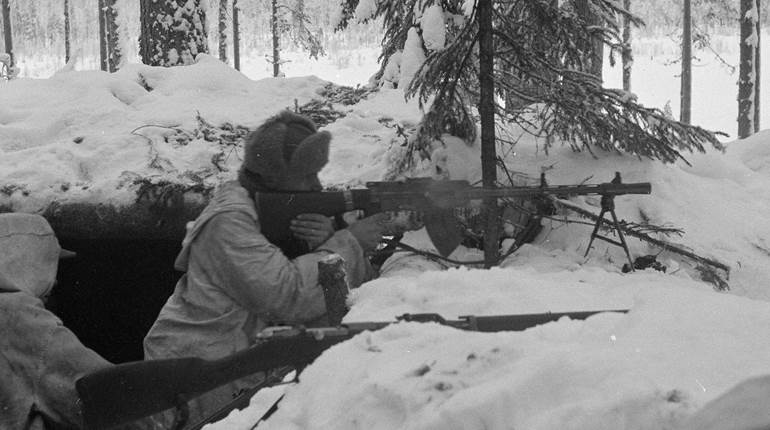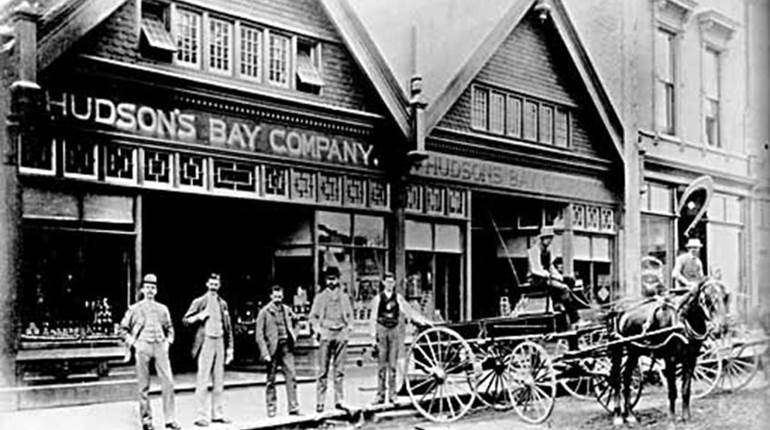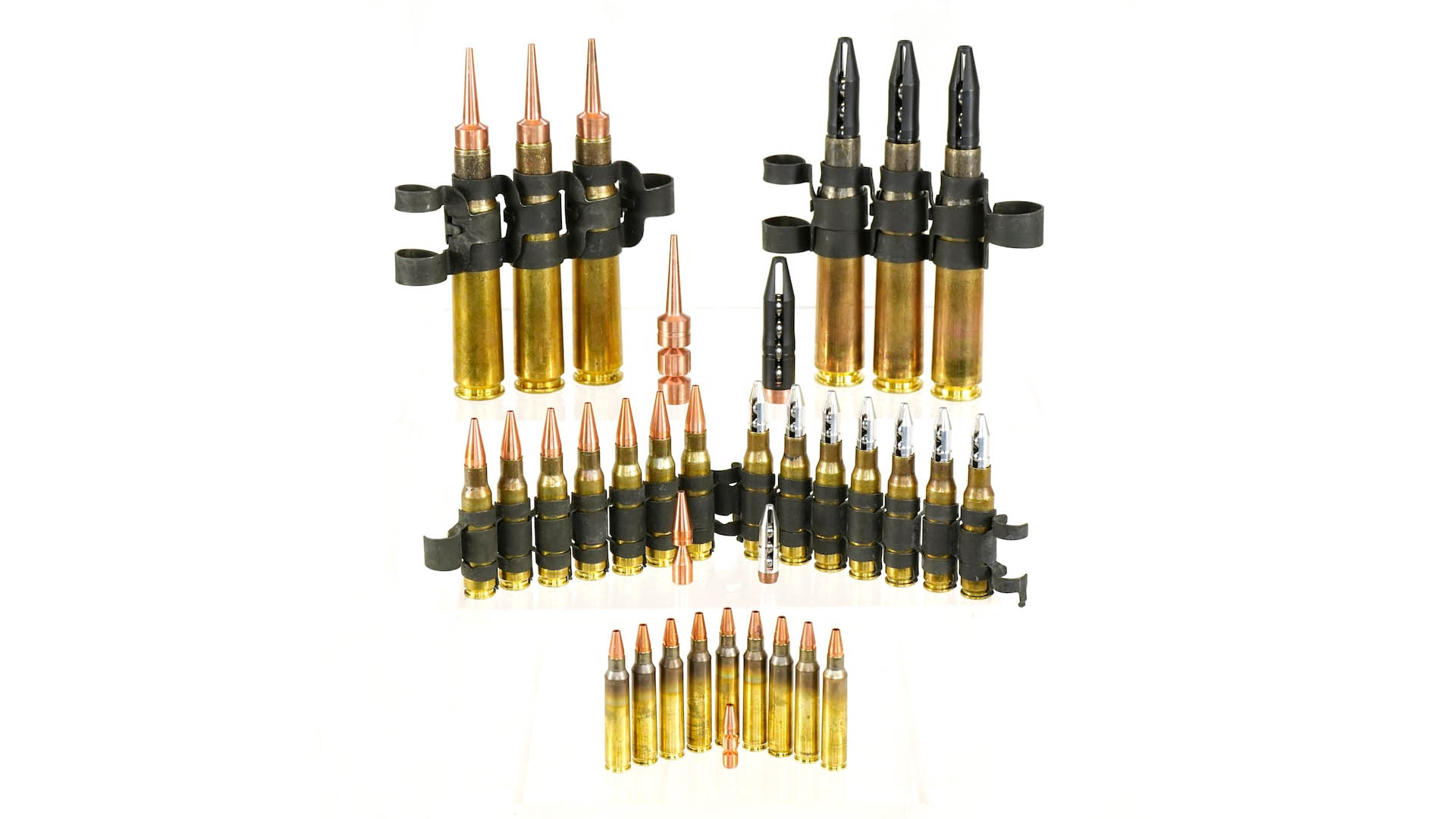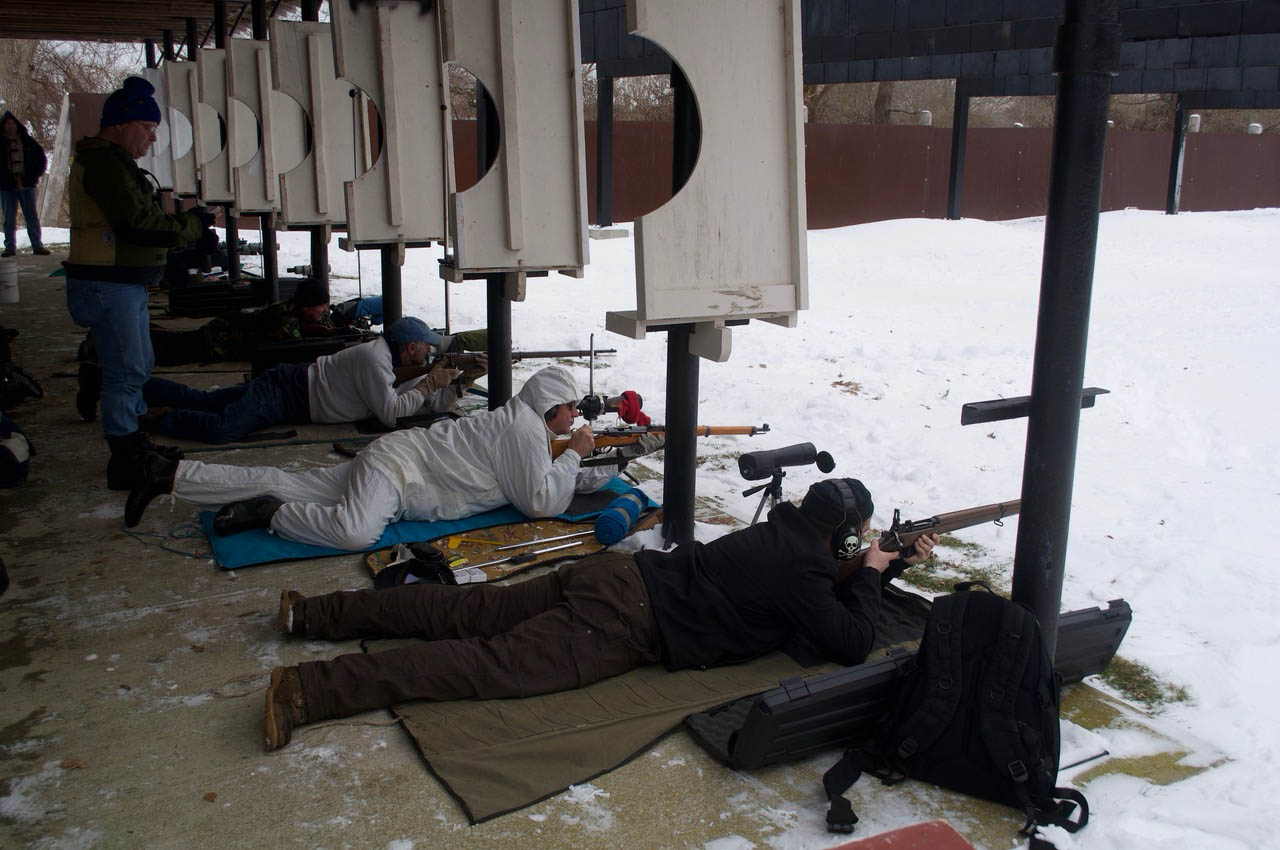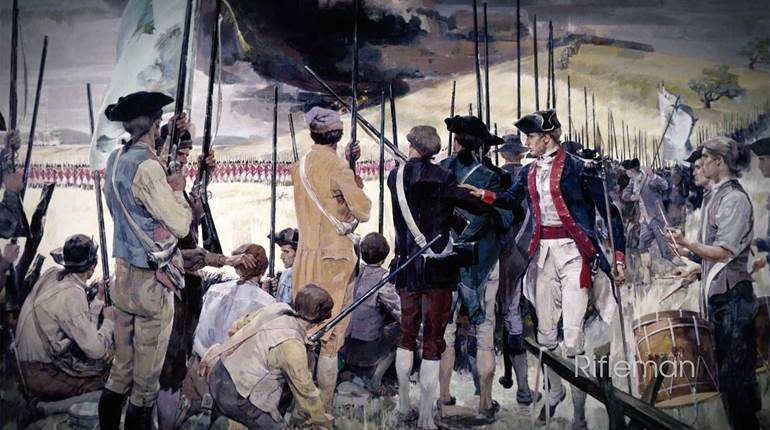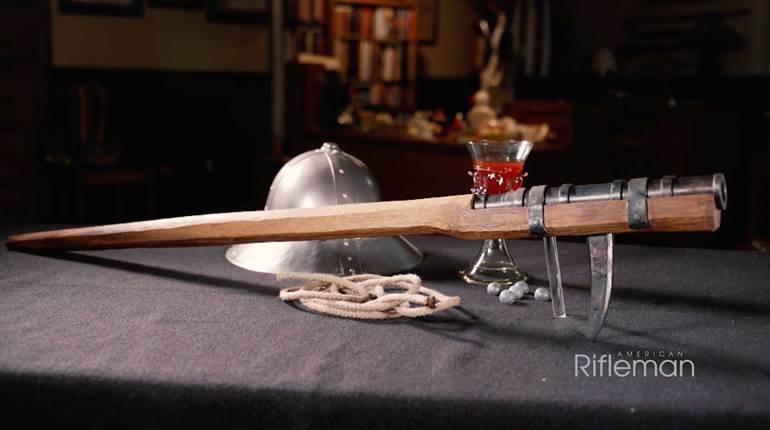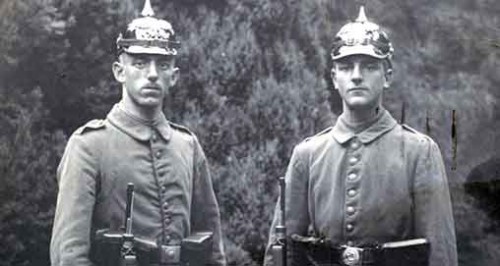
We do not mean that first lesson of the unforgettable awfulness of it. We have spoken of that elsewhere and shall, many times again.
We would rather speak of the war now as one might of a frightful, malignant suppurating absess. Such a sore would have a cause of course. One could argue for the prevention of it. But the cause being obscure, deeply seated and for the moment unremovable a discussion of the best way to cure the affected part and bring it back to health would be wise.
War being war and here, how may it be most successfully carried on?
The news that comes to us from over the ocean is scant. What does reach us is colored. We do not know what to believe.
We shall, in general, have to learn the lessons of this war after it is over. If it is like other great wars there will be surprises. What was thought strength may prove weakness. More than one great genius may arise, able to separate the false from the true, one who dares to do right, regardless of regulations.
The entire world thinks the German military machine an extraordinarily fine one. It has never been tried under modern conditions in battle and it may not stand the test. The French are proud of their army and the British, like ourselves-only not so much so as we- think they can make a battle machine over night. Undoubtedly, the Belgians and Russians believe in themselves. We shall see what we shall see.
For ourselves we believe one small thing the war will absolutely prove is the impossibility of the advance over open ground in the face of modern rifle arid machine gun fire delivered and directed by experts.
Doubtless impelled thereto by the example of Japan in her war with Russia, no news through War Correspondents or the usual sources is permitted to reach the world outside the zone of battle. As a wise military precaution, this policy is excellent. The reading public suffers, but it can wait. All war correspondents and military observers have been barred from the armies. This system of secrecy not only lends itself to the deception of opponents, but what is still more valuable it greatly lessens the likelihood of popular clamour affecting the movement of forces in the field.
As citizens of a neutral nation, we must not side too strongly with any of the combatants. We may have our own sympathies, but we should not express them over loudly. We should wish, that the best man win; not the man necessarily who fights best, but that one whose cause is most just.













